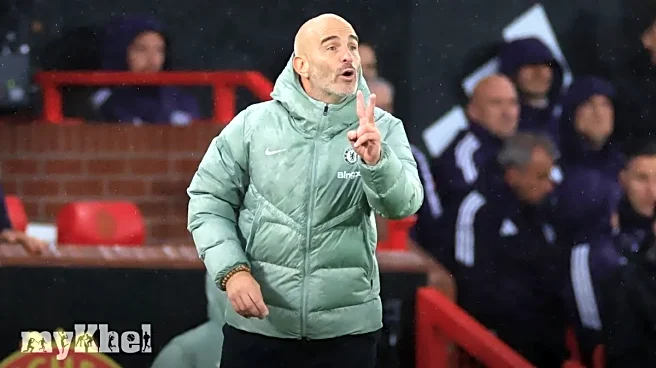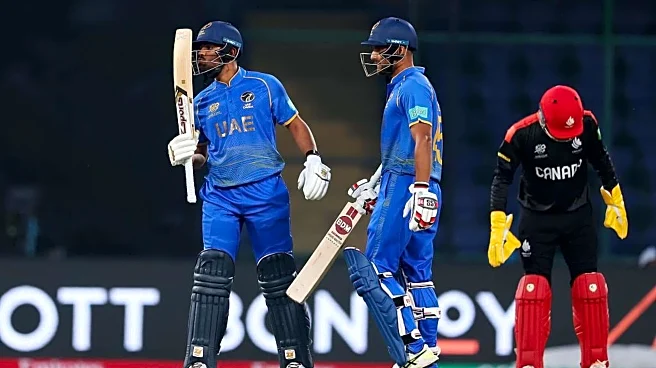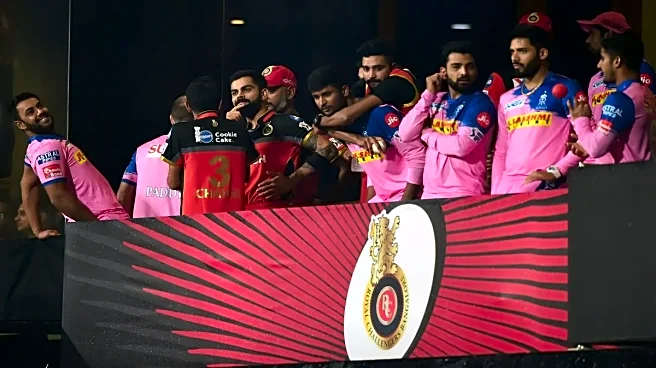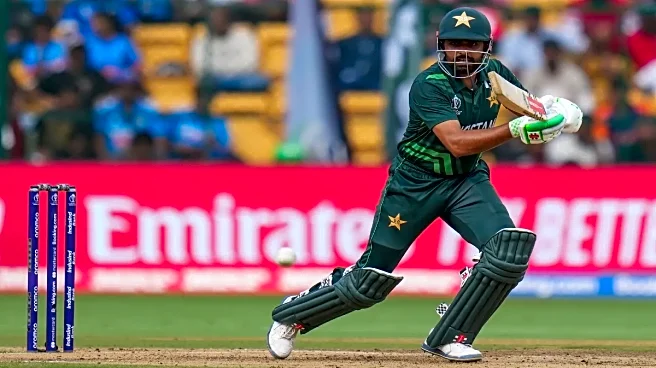Cole Palmer's fitness remains uncertain as Chelsea manager Enzo Maresca evaluates his condition following recent injuries. Palmer was substituted after 21 minutes in Chelsea's 2-1 loss to Manchester United,
marking only his second league start this season. Despite his injury, Palmer had played three times in a week, scoring against Brentford and Bayern Munich.
Maresca is cautious about Palmer's involvement in the upcoming EFL Cup match against Lincoln City. "Cole is probably the only one that we need to assess a little bit," Maresca stated. The rest of the team is recovering from last week's exertions. Palmer made a significant effort to play against United despite not being fully fit.
Palmer's situation is being monitored daily to determine his availability for future matches. Maresca acknowledged that other players like Moises Caicedo and Joao Pedro are also managing long-term issues. However, most of the squad is in good shape apart from Benoit Badiashile and Romeo Lavia, who remain sidelined.
"[Benoit and Romeo] will not be back for this game, unfortunately," Maresca confirmed. Both participated in training recently, which is promising for their return soon. Chelsea aims to maintain their strong record in EFL Cup ties against lower-league teams, having won 25 of their last 26 encounters.
Trevs post-match interview. #CFC | #MUNCHE pic.twitter.com/iSFeu5vAsf
— Chelsea FC (@ChelseaFC) September 21, 2025
Lincoln City hopes to reach the EFL Cup fourth round for the third time, having done so previously in the 1967-68 and 2022-23 seasons. This achievement marks their best performance in the competition so far. Maresca emphasized the importance of maintaining focus during such matches.
"You can sleep very easily in these kind of games," Maresca warned, highlighting football's unpredictability. He plans to include academy players in the lineup, continuing Chelsea's tradition of nurturing young talent. This approach ensures valuable experience for emerging players while managing senior squad members' workloads.
Chelsea's strategy involves balancing player development with competitive success as they navigate domestic cup competitions. The team's depth allows them to rotate players effectively while maintaining performance levels across different tournaments.






/images/ppid_59c68470-image-177099004958678182.webp)

/images/ppid_59c68470-image-177099008519650310.webp)
/images/ppid_59c68470-image-17709901179689704.webp)
